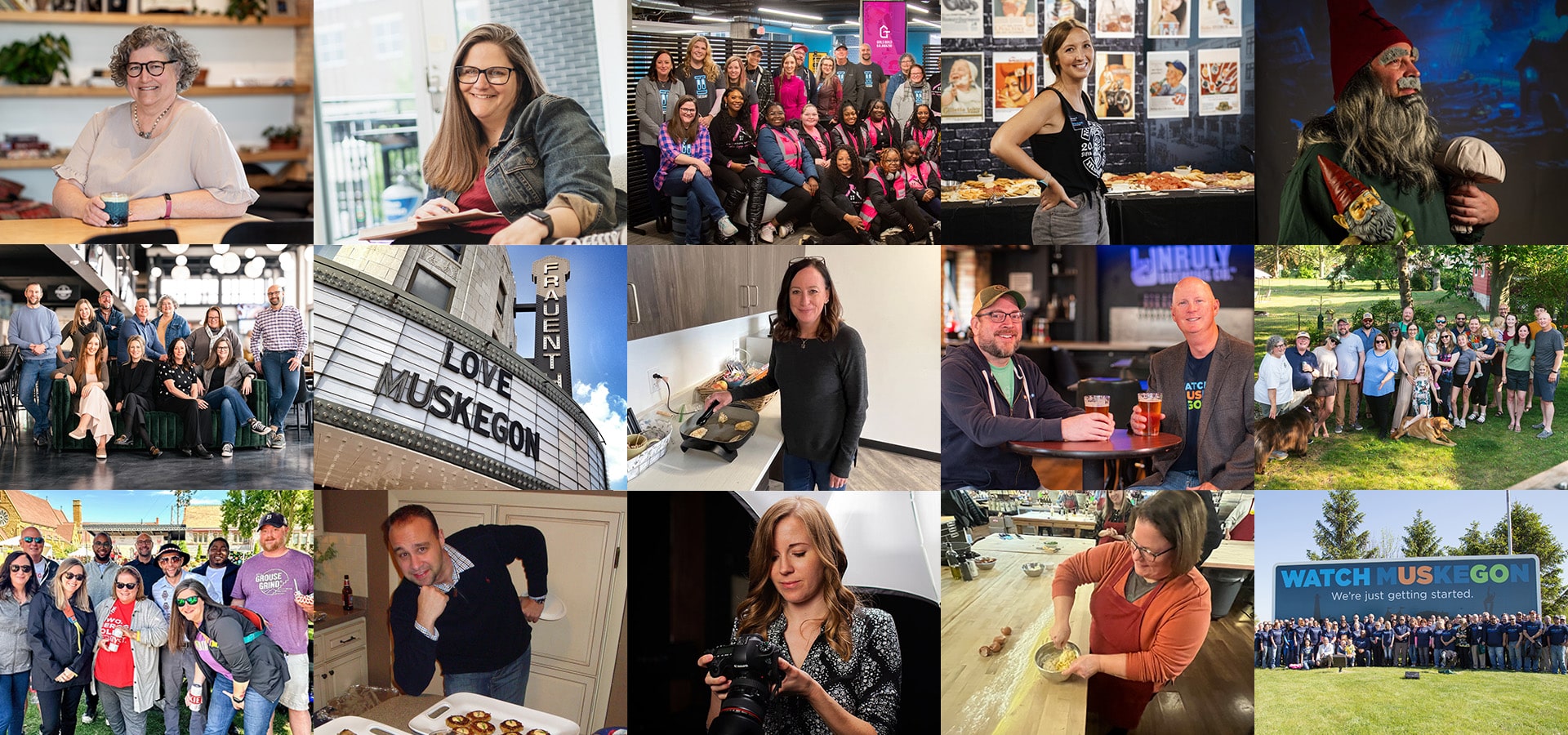In today’s competitive job market, attracting and retaining top talent is more critical than ever. However, simply offering a competitive salary and benefits package isn’t enough anymore. Candidates are increasingly looking for companies that align with their values and offer a positive work environment.
This is where employer branding comes in.
86% of HR professionals say recruitment is becoming more like marketing, and a strong employer brand is more important than ever. To be effective in your recruitment efforts in today’s business environment, you need to market to your potential employees.
What is Employer Branding?
Employer branding is the process of creating a strong and positive image of your company as a great place to work. It’s about communicating your company culture, values, and employee experience to potential candidates. A strong employer brand will help you:
- Attract Top Talent: Companies with a strong employer brand receive 50% more qualified applicants and hire 1-2 times faster than companies without employer branding.
- Reduce Recruiting Costs: Companies with a strong employer brand spent 50% less per hire than companies with no employer brand.
- Improve Employee Retention: Companies with a strong employer brand experience a 28% reduction in turnover than companies without employer branding.
When it comes right down to it, employer branding is a strategic investment that can yield significant returns.
Why is Employer Branding Important?
The data makes clear that employer branding has become increasingly important. But why? There are several reasons:
- A Competitive Advantage: In a tight job market, a strong employer brand can give you a competitive edge over other companies. It can help you attract the best and brightest candidates who are looking for more than just a paycheck.
- Reduced Recruiting Costs: A strong employer brand can help you attract more qualified candidates, which can lead to a reduction in recruiting costs. You’ll spend less time and money sifting through resumes and interviewing unqualified candidates.
- Improved Employee Retention: Employees who are happy and engaged with their company are more likely to stay. A strong employer brand can help you create a positive work environment to keep your employees happy and productive.
- Enhanced Employer Reputation: A strong employer brand can help you build a positive reputation in the community. This can be beneficial for attracting new customers and partners.
Employer branding helps businesses succeed in today’s competitive market, and once you implement your own employer branding, you’ll see the clear difference it makes.
How to Build a Strong Employer Brand
Once you’ve determined that you need a clear, strong employer brand, there are several steps to take to implement it effectively:
- Define Your Employer Value Proposition (EVP): Your EVP is what makes your company unique as a place to work. It’s the combination of factors that will attract top talent to your company. When defining your EVP, consider your company culture, values, mission, and benefits package.
- Live Your Values: Your company values are more than just words on a page. They should be reflected in everything you do, from the way you treat your employees to the way you interact with customers. Make sure your values are authentic and that you live them out every day.
- Craft a Compelling Employer Brand Message: Once you know your EVP, you need to communicate it to potential candidates. Develop a clear and concise message that highlights what makes your company a great place to work.
- Promote Your Employer Brand Online and Offline: Use a variety of channels to promote your employer brand, such as your company website, social media, job boards, and career fairs. You can also get involved in community events and speak at industry conferences.
- Engage with Employees: Your employees are your best brand ambassadors. Get them involved in promoting your employer brand by encouraging them to share their positive experiences on social media and other online platforms.
- Track Your Results: It’s important to track the results of your employer branding efforts. This will help you see what’s working and what’s not. Use metrics such as website traffic, social media engagement, and application numbers to measure your success.
By following these steps and continuously refining your employer branding efforts, you can attract and retain top talent, fostering a positive and productive work environment for years to come.
Employer Branding Examples
Here are a few examples of companies doing employer branding right:
- Zappos: Zappos is famous for its focus on company culture and employee happiness. The company offers a number of unique perks and benefits, such as free meals and on-site childcare.
- Google: Google is another company that is well-known for its strong employer brand. The company offers a generous benefits package and a casual work environment that appeals to many tech workers.
- HubSpot: HubSpot is a marketing and sales software company known for its innovative culture and commitment to employee development. The company offers a number of programs and resources to help employees grow their careers.
Building a strong employer brand takes time and effort, but it’s an investment that can pay off in the long run. By following the tips in this blog, you can create a positive image of your company as a workplace and attract the top talent you need to succeed.
Additional Tips for Creating a Strong Employer Brand
- Be authentic: Don’t try to be something you’re not. Candidates can spot a fake employer brand a mile away.
- Be consistent: Your employer brand message should be consistent across all of your communication channels.
- Be patient: Building a strong employer brand takes time. Don’t expect to see results overnight.
- Be social: Use social media to connect with potential candidates and share your company culture.
- Be employee-centric: Put your employees first, and they will help you build an employer brand of which your whole team can be proud.
Creating Your Employer Brand With Revel
If you want to take your employer branding to the next level, consider working with Revel. We are a leading employer branding agency that can help you create a strong and positive image of your company as an employer. We have a team of experts who can help you develop your employer value proposition, craft a compelling employer brand message, and promote your employer brand online and offline. Contact us today to learn more about how we can help you attract and retain top talent.




